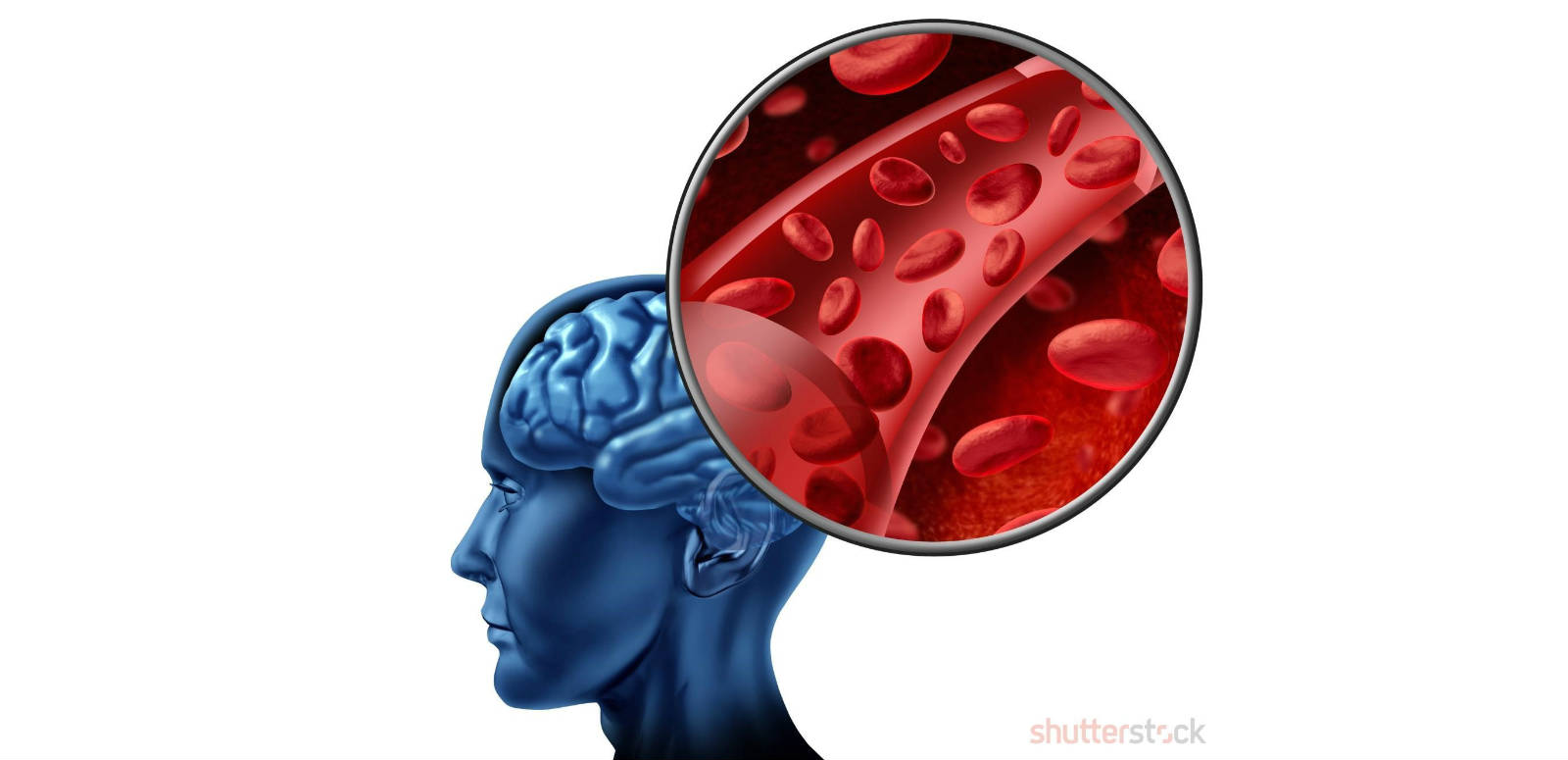It’s a no-brainer that modern day lifestyles and food choices have changed drastically. While our ancestors used to enjoy more active lifestyles with access to healthier food choices, a lot of us today have turned into corporate slaves who live sedentary lifestyles and reach out to processed and calorie laden junk foods to satisfy cravings.
Not only has this way of life made us susceptible to hazardous health conditions like obesity, strokes, cardiovascular diseases and digestive problems but has also given rise to psychological conditions like stress, anxiety and depression.
To add on to our list of worries, we get minimal exposure to the nature’s glory, which also has a huge role to play in maintaining good health and wellbeing. Lack of sunlight, for example is one of the biggest factors responsible for the deficiency of vitamin D in people that can lead to hypertension, diabetes, Kris Carr cognitive impairment and coronary disease among many others.
Latest studies have reported that low levels of vitamin D can also put individuals at a greater risk of brain stroke – a condition caused when a blood clot blocks an artery or blood vessel, restricting the blood flow to the brain. Lack of vitamin D is also known to increase the severity of brain stroke.
Here are two recent studies that further authenticate the impact vitamin D deficiency can have on causing and heightening the intensity of brain strokes:
- Low Levels Of Vitamin D Can Lead To Severe Strokes And Poor Health After Stroke – American Study (2015)
The results of a research presented at the American Stroke Association’s International Stroke Conference 2015 suggested that stroke patients suffering from a deficiency of vitamin D stood a higher chance of severe strokes, poor health and recovery after the stroke.
The research studied 96 stroke patients. It was found that large areas of dead tissue resulting from obstruction of blood supply was twice as much in patients who had low vitamin D levels as compared to those with normal vitamin D levels. It was also found that for each 10 mL reduction in recommended vitamin D levels, the chances for healthy recovery within three months after the stroke reduced by almost half.
Image Courtesy: Shutterstock
- Vitamin D Deficiency Plays A Major Role In Brain Strokes – Indian Study (2014)
An Indian study published in the Journal of Stroke has also drawn a correlation between lack of vitamin D in the human body and increased risk of brain stroke. Researchers investigated 250 consecutive ischemic stroke patients and their vitamin D levels were measured. The shocking results of the study found that 122 out of the 250 stroke patients (almost 50%) had a vitamin D deficiency.
How Vitamin D Is Useful For Brain Stroke
While vitamin D is popularly known for its benefits towards improving bone health, fighting colds and depression, it is also known to serve multiple gene-regulatory functions in the human body. This means that vitamin D functions in a number of different tissues and plays a big role in protecting us against a range of diseases and health conditions.
Vitamin D is known to lower risk of arterial stiffness, which is one of the major contributors to stroke and it helps increase the activity of anti-inflammatory cytokines that prevent stroke. A study led by a researcher at Boston’s Brigham and Women’s Hospital found that women with a history of depression have 29% higher risk of stroke; vitamin D helps treat both the conditions.
The Daily Recommended Intake And Best Sources Of Vitamin D
The daily recommended intake for vitamin D is 400 IU for children, 200 IU for those between 18-50 years of age, 400 IU for those aged between 51 – 70 and 600 IU for those above 70 years of age.
The best way to obtain your daily dose of vitamin D is getting about 20-25 minutes of sunlight exposure every day. If you are still concerned about not getting enough of this essential vitamin, certain vitamin D rich foods like tuna, egg yolk, peanut oil, fortified milk, cheese, beef and mushrooms can help meet your dietary requirements.
Tip – If your job demands you to be indoors most of the times, it is advisable that you plan at least your workouts outdoor instead. Go for an early morning run or enroll in an outdoor yoga class. It is also suggested that you cut down on your smoking and alcohol intake, which are also major causes of brain stroke. Make healthier choices for a healthier life.
Author Bio : Vineetha Reddy
 Being a regular practitioner and adviser of everything related to nutrition, fitness, health and wellness, I also have begun to write and contribute to this knowledge ecosystem on sites like StyleCraze.com, MindBodyGreen.com and LifeHacker.co.in. I strongly believe that the organic food you find in your pantry provide the best benefits for good health. Follow me for my best ideas and solutions: Twitter
Being a regular practitioner and adviser of everything related to nutrition, fitness, health and wellness, I also have begun to write and contribute to this knowledge ecosystem on sites like StyleCraze.com, MindBodyGreen.com and LifeHacker.co.in. I strongly believe that the organic food you find in your pantry provide the best benefits for good health. Follow me for my best ideas and solutions: Twitter

